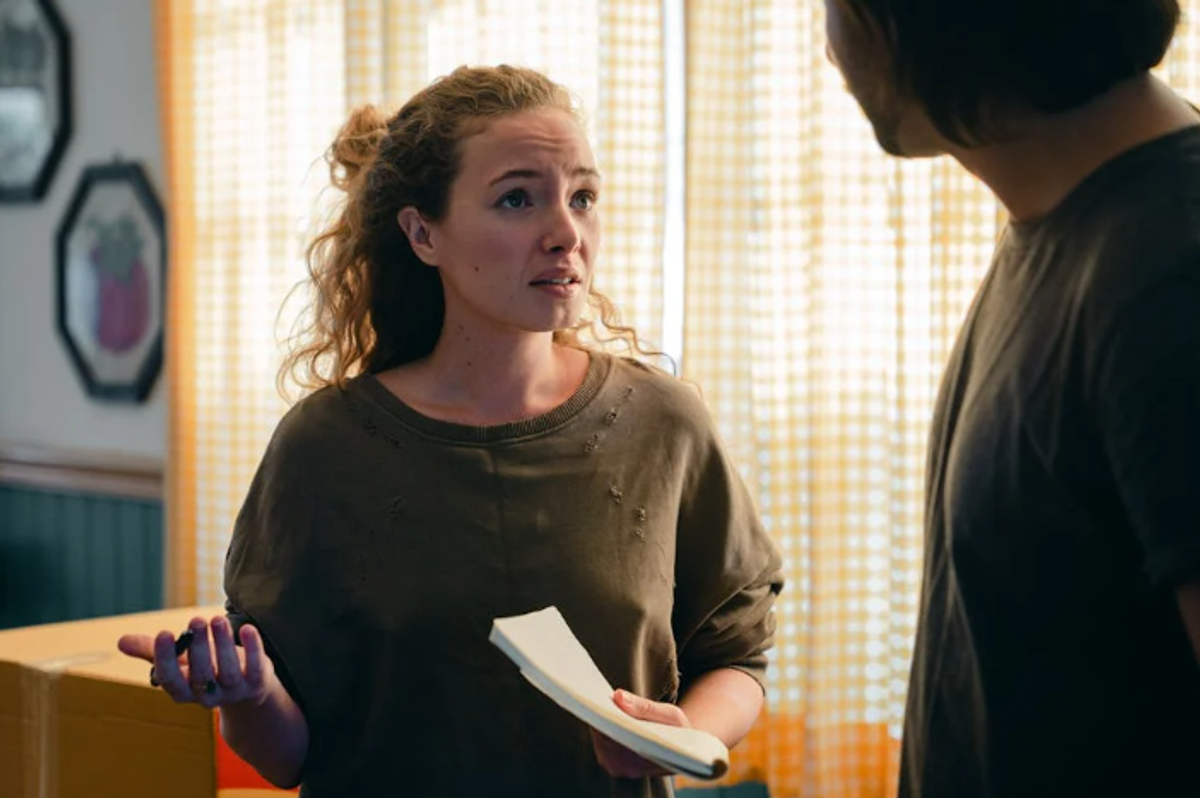
Is there one person in your household who makes most of the domestic decisions and then delegates tasks to a support member? If so, then you’re probably familiar with the “nag paradox,” even if you’ve never heard it explained that way.
More often than not, in heterosexual relationships, wives carry the domestic mental load and the husband is a support member taking orders. Eventually, this dynamic can become toxic when the wife has to tell the husband repeatedly to do a task, or it isn’t accomplished to her liking.
This can leave the wife feeling rejected and vulnerable. It can also lead to the husband feeling criticized and calling his wife a “nag.”
Laura Danger, a mother of two in Chicago, Illinois, is a licensed educator, certified coach, and content creator who counsels couples on emotional labor. She recently released a video that perfectly explains this paradox and how it affects partners differently.
What is the Nag Paradox?
“The nag paradox is that very tricky and very common household dynamic where one person manages more of the mental load and is making more of the decisions around the logistics of the household,” Danger explains. “And the other person is playing a support role, or is in a position of taking directions, or only giving periodic feedback.”
She continues to say that the nag paradox is a “trap” because the person in charge of the decision-making process is attempting to connect with their partner, who may get defensive from being told what to do or critiqued for their performance. “The idea of nagging is that somebody’s upset about something that doesn’t matter. Domestic labor matters. Connecting with your partner matters. You’re not a nag for wanting partnership,” she says in the video.
She adds that a big problem with the nag paradox is that it can easily lead to two dangerous behaviors, “criticism” and “defensiveness,” known by influential psychologist John Gottman as the 2 of the Four Horsemen, or behaviors that can lead to the end of a relationship.
“It’s a setup for both people because, after a while, you don’t want to be vulnerable,” Danger continues. “You don’t want to open yourself up to that feeling of ‘I can’t do anything right’ … and the other person is saying, ‘I feel like I’m constantly being rejected.’”
So, how do couples overcome the paradox? On her blog, Danger says it’s all about taking time to connect and both partners understanding that domestic labor is a serious issue.
“Meet weekly and use this time to set standards, trade tasks and take your household seriously,” Danger wrote. “The resentment of one person managing more of the mental load, making more decisions and being put into the position of delegating, making decisions and giving guidance can be solved by doing the opposite! Work together. Be open and curious! You’re partners! Clear communication and some preventative care.”
Smoothing over resentment and building a relationship where both partners work together can be challenging, but Danger tells Today.com that it’s worth the effort.
“If you’re already emotionally or mentally exhausted, it can feel like too big a battle to wage,” she said. “But it is worth it! If you want to have a relationship that’s better or more balanced in the long run, it’s worth doing.”
